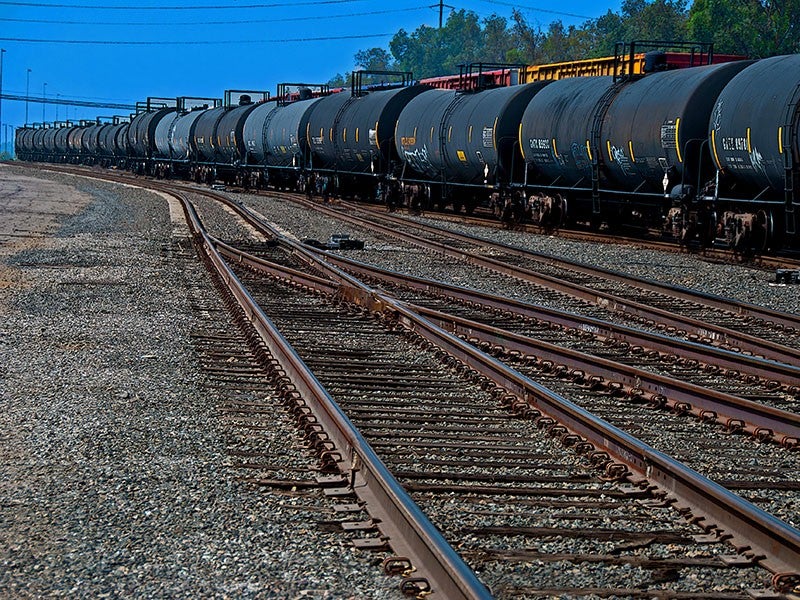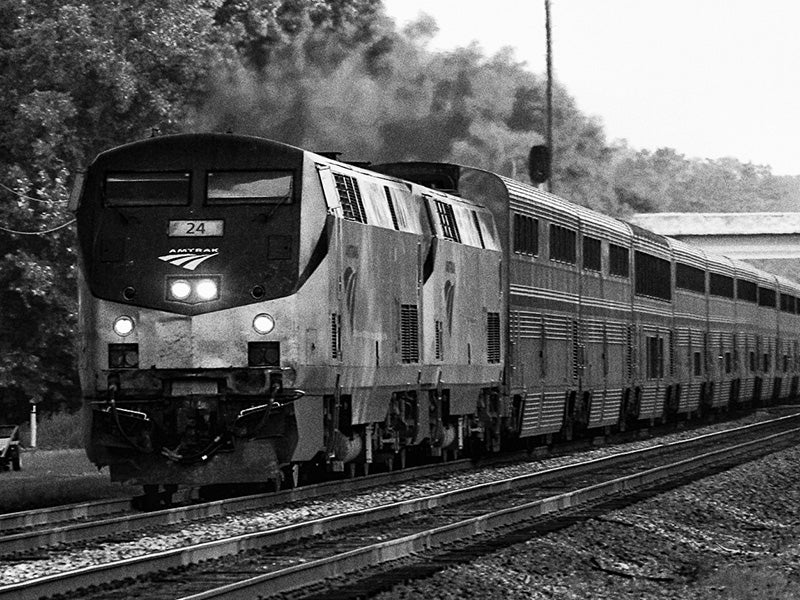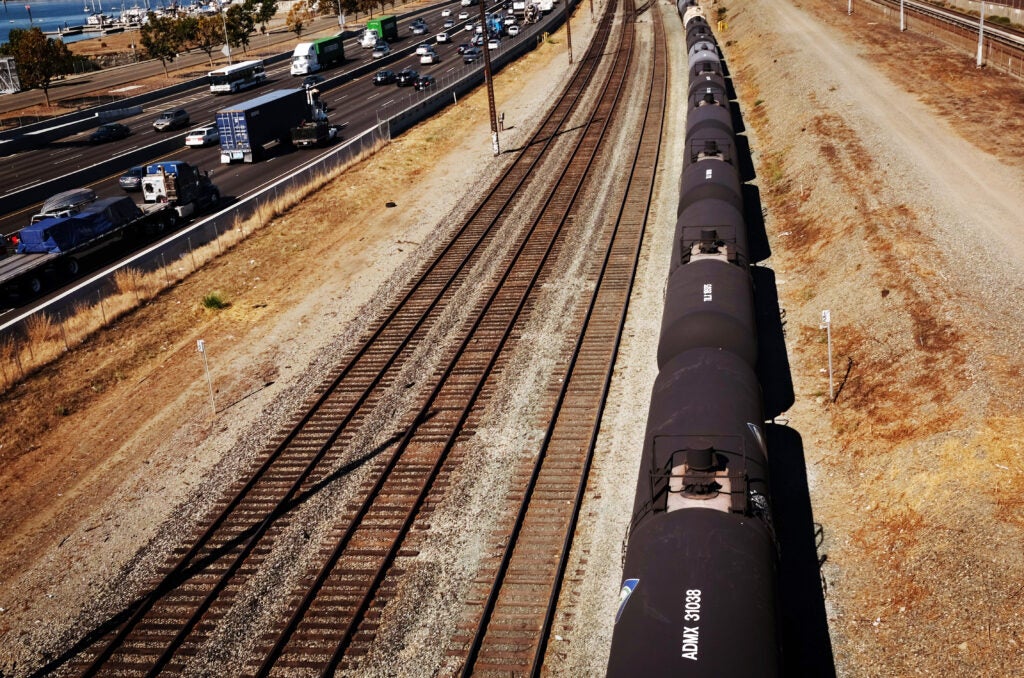Challenging Sacramento Air District's Furtive Approvals of Crude Oil Project
The lawsuit holds the air district and Inter-State Oil accountable for neglecting to consider the potentially catastrophic risk to public health and safety that comes from bringing highly volatile fossil fuels on outdated freight cars along aging railways into residential and business areas.
Case Overview
Earthjustice has filed a lawsuit challenging the Sacramento Metropolitan Air Quality Management District’s rubber-stamping of construction and operating permits for Inter-State Oil Company to transfer Bakken crude oil from rail to truck, forgoing any public process or environmental impact review.
Earthjustice filed the complaint on behalf of the Sierra Club in Sacramento Superior Court. The suit holds the air district and Inter-State Oil accountable for neglecting to consider the potentially catastrophic risk to public health and safety that comes from bringing highly volatile fossil fuels on outdated freight cars along aging railways into residential and business areas in McClellan, Calif., just 7 miles north of the California state capital. Further, the air district eschewed its obligations for review under the California Environmental Quality Act (CEQA) despite the fact that the project will have significant increases in air pollutants, including toxic air contaminants.
The Sacramento Air District issued Inter-State Oil Company permits to operate its crude-by-rail terminal in early March 2014. The case asks the court to halt operations immediately while the project undergoes a full and transparent review under CEQA.
The number of trains carrying crude oil around the country has risen dramatically in the two to three years prior to when the lawsuit was filed, due to the increased oil production from both the Alberta tar sands in Canada and the Bakken shale oil area of North Dakota.
The California Public Utilities Commission, office of Rail Safety, released a report in November 2013 listing a number of alarming railway safety concerns associated with the increased movement of crude oil by rail through California. The report specifically identifies California’s railroad bridges as a significant rail safety risk.
Bakken crude is extremely explosive and toxic. In January 2014, the U.S. federal agency that regulates hazardous materials on the rails issued an alert, stating that Bakken crude may be more flammable than other types of crude. In both the U.S. and Canada, as the number of train cars carrying crude oil has quadrupled over the past six years, accidents, explosions and derailments have dramatically increased. In July 2013, a train carrying crude oil derailed and exploded in a town in Quebec, Canada, killing 47 local residents and destroying most of the downtown area.

Case Updates
Case page created on September 24, 2014.

